
News
Rwanda’s Marburg Crisis
Play audio version
Ensuring Equal Access to Life-Saving Information for Disabled Rwandans
October 23, 2024
RWANDA — As Rwanda confronts its first-ever Marburg virus outbreak, people with disabilities face heightened risks — not only from the virus but from the lack of accessible health information. In particular, Rwandans who are Deaf, DeafBlind, blind, or have psychosocial disabilities face significant obstacles in accessing essential information and healthcare.
Although the Rwandan government has reported no new infections in recent days, the Marburg virus — related to Ebola — remains highly contagious, spreading through direct contact with bodily fluids like blood and saliva or with contaminated surfaces. Clear communication is therefore critical to ensuring public safety. However, for Rwandans who are Deaf or DeafBlind, public announcements, radio broadcasts, and other audio-based communication channels, including many social media posts, are mostly inaccessible.
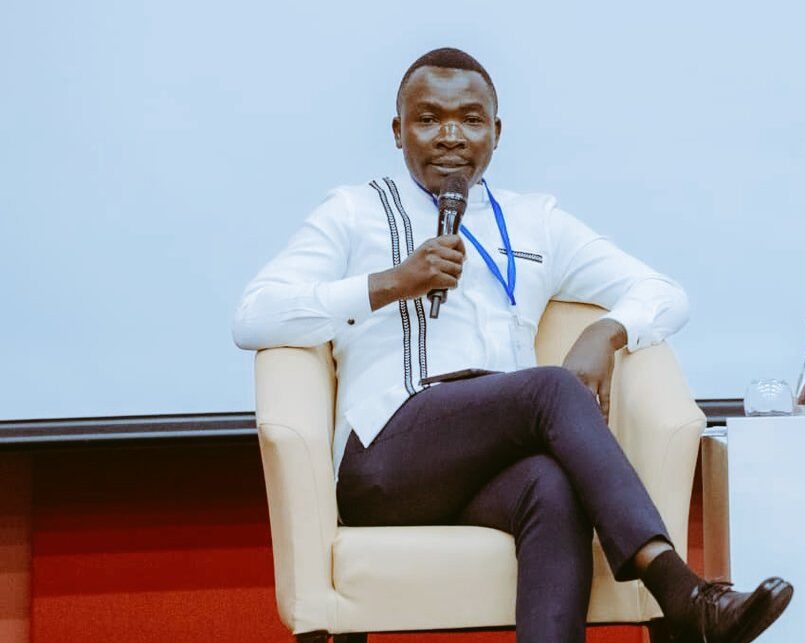
“Without proper accommodations, such as sign language interpreters, captions, Braille, or visual aids, the Deaf and DeafBlind community may miss crucial information about how to protect themselves, symptoms to watch for, or where to seek help in case of infection,” says Joseph Musabyimana, executive director of the Rwanda Organization of Persons with Deaf Blindness. “I really worry that many Rwandans who are Deaf and DeafBlind are not aware of the virus.”
Preventing the spread of the Marburg virus requires strict hygiene and safety measures, including maintaining social distance and avoiding contact with contaminated surfaces. Rwandans who are blind or have low vision often rely on touch for mobility and navigating their environment and could struggle with these recommended precautions. “To effectively protect blind individuals from the Marburg virus, it is crucial for Rwanda’s public health system to implement inclusive strategies for communication and healthcare services,” says Marceline Gato, who is blind. “Public health information must be provided in accessible formats, such as Braille, audio announcements on the streets, and text-to-speech tools, ensuring that blind individuals receive the same vital information as the rest of the population.”
An Inclusive, Mental Health-Centered Approach
Rose Umutesi, executive director of the National Organization of Users and Survivors of Psychiatry in Rwanda (NOUSPR), says the stress of a public health crisis can exacerbate mental health conditions, leading to increased anxiety, paranoia, or feelings of isolation. Fear of the virus, along with the possibility of quarantine or hospitalization, could be triggering for Rwandans with psychosocial disabilities. “So an inclusive, mental health-centered approach is mostly needed. Health communication must be delivered in a sensitive and accessible manner like door-to-door or community awareness to the village level to help individuals understand the situation without inducing panic or confusion,” she says. “Specialized mental health support should be integrated into the broader healthcare response, including access to crisis counseling, psychiatric care, and medications for those whose mental health conditions might worsen during the outbreak.”
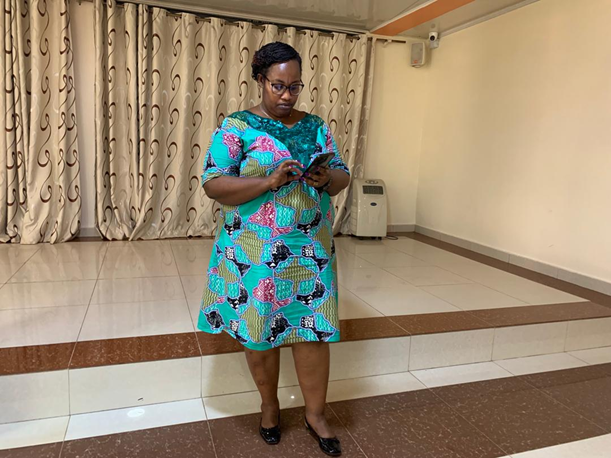
Umutesi adds that healthcare providers and caregivers should be trained to recognize signs of mental health deterioration and how to provide appropriate interventions, such as calming techniques or clear explanations of outbreak procedures. Efforts should also be made to reduce stigma and discrimination during the outbreak, as persons with psychosocial disabilities may face additional social barriers when trying to access care.
Intersectional Concerns
Rwandan women often face discrimination based on gender, and for those with disabilities, this discrimination is compounded by both their disability and, in some cases, their socio-economic status. If Rwanda’s Marburg cases start to climb again, Rose Kanyamfura, legal representative of the Organization of Women with Disabilities for Health Promotion and Development in Rwanda (OWDHD), worries women with disabilities will be most significantly impacted. “Women with disabilities often encounter greater difficulties in accessing healthcare services, even in normal circumstances,” she says. “During a Marburg virus outbreak, when healthcare systems are overwhelmed, these barriers could intensify.”
In addition, women with disabilities may have reduced access to social safety nets or emergency relief programs, either due to discrimination or because these programs are not designed to meet their specific needs. This can make it more difficult for them to recover from the economic shock of an outbreak and can have long-term consequences for their financial stability.
“To protect the rights and well-being of women with disabilities during a Marburg virus outbreak, Rwanda’s public health measures must be inclusive and responsive to their specific needs. This includes ensuring that health communication is accessible in multiple formats, such as Braille, audio, and sign language so that women with disabilities receive life-saving information,” says Kanyamfura. “Additionally, economic relief programs must prioritize women with disabilities by providing financial assistance, food, and support tailored to their circumstances. Rwanda can help mitigate the impact of a Marburg outbreak on women with disabilities, ensuring they are not left behind in the response and recovery efforts.”
Deepening Economic Vulnerability
In Rwanda, any type of outbreak like Marburg could significantly affect the economic livelihoods of people, particularly those with disabilities. Rwandans with disabilities already face systemic barriers to employment, such as limited access to education, vocational training, and inclusive hiring practices. These challenges could intensify during an outbreak, leading to heightened financial insecurity. Employers may reduce their workforce or temporarily close businesses, and individuals with disabilities may be among the first to lose their jobs in such situations.
“If no measures are taken to stop the virus, it will likely deepen this economic vulnerability. Health-related expenses, such as medical bills [and] increased transportation costs for accessing healthcare … would further strain their limited resources,” says Beth Nasiforo Mukarwego, president of the National Union of Disability Organizations in Rwanda (NUDOR).
She adds that NUDOR, along with other partners, will continue advocacy efforts to ensure that people with disabilities are informed about the virus. “But, we wish the government would pass the information in all ways of communicating inclusively,” she says.
Francine Uwayisaba is a contributing writer with the Disability Justice Project and a field officer at Rwanda Union of Little People (RULP). At RULP, she is in charge of the organization’s communications. She writes grants, manages RULP’s social media, and composes articles and weekly updates for the website.
Editing and reporting assistance by Jody Santos
News From the Global Frontlines of Disability Justice
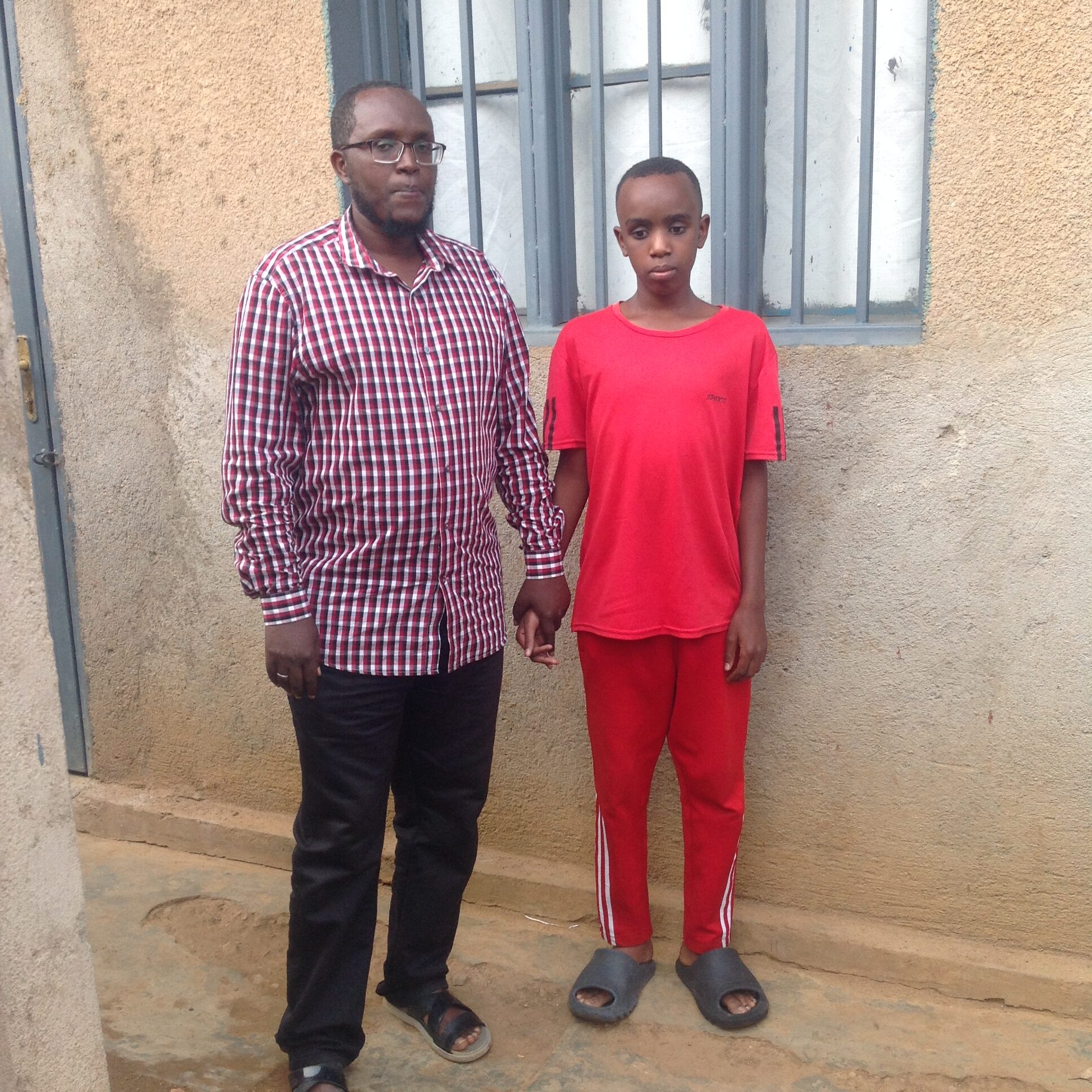
‘I Just Want to Walk Alone’
Fourteen-year-old Saifi Qudra relies on others to move safely through his day. Like many blind children in Rwanda, he has never had a white cane. His father, Mussah Habineza, escorts him everywhere. “He wants to walk like other children,” Habineza says, “He wants to be free.” Across Rwanda, the absence of white canes limits children’s mobility, confidence, and opportunity. For families, it also shapes daily routines, futures, and the boundaries of independence.
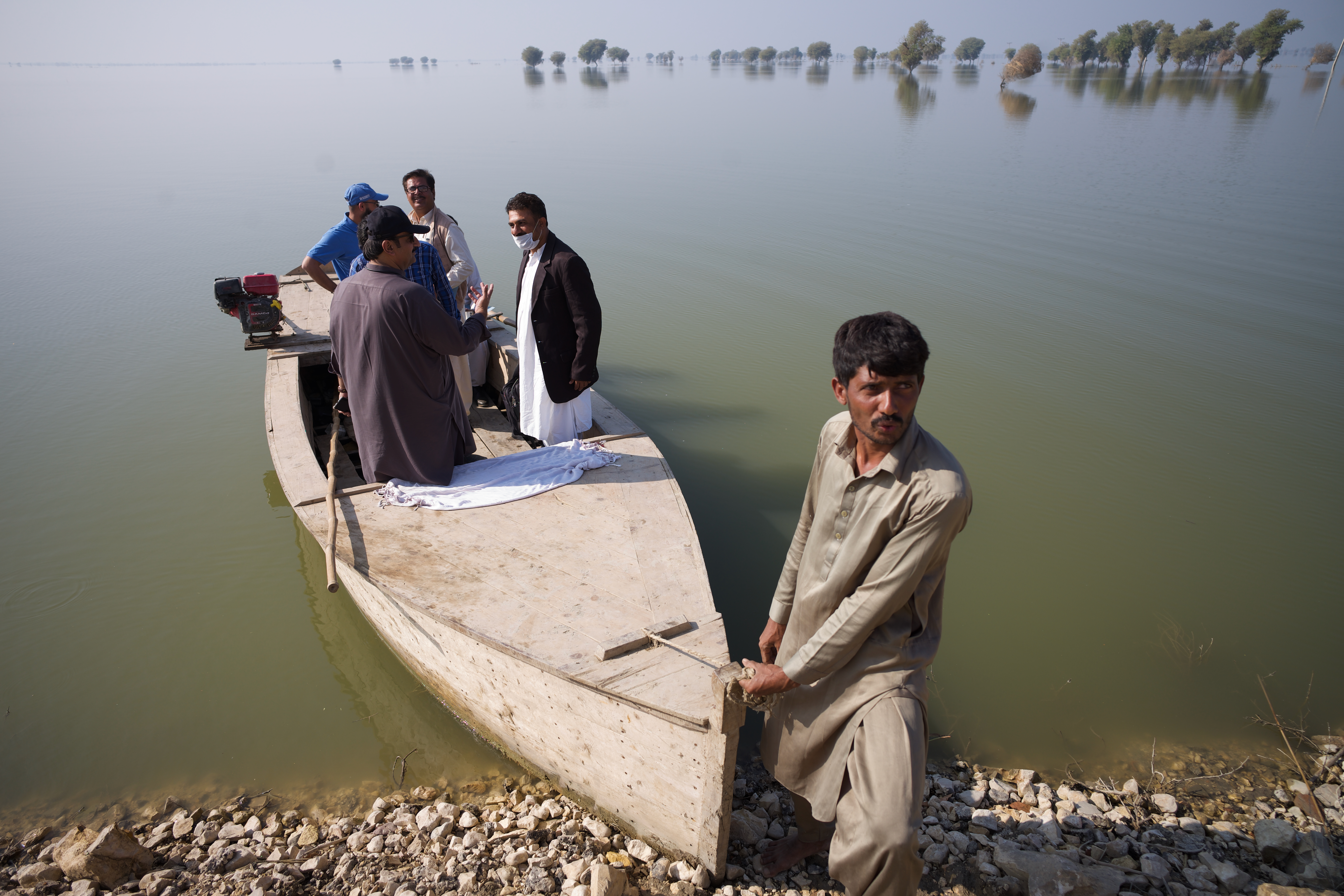
‘Evacuation Routes Are Meant for People Who Can Run’
As climate change and conflict intensify across Pakistan, emergency systems continue to exclude people with disabilities. Warning messages, evacuation routes, and shelters are often inaccessible, leaving many without critical information when floods or violence erupt. “Evacuation routes are built for people who can run,” Deaf author and policy advocate Kashaf Alvi says, “and information is broadcast in ways that a significant population cannot access.”
Read more about ‘Evacuation Routes Are Meant for People Who Can Run’
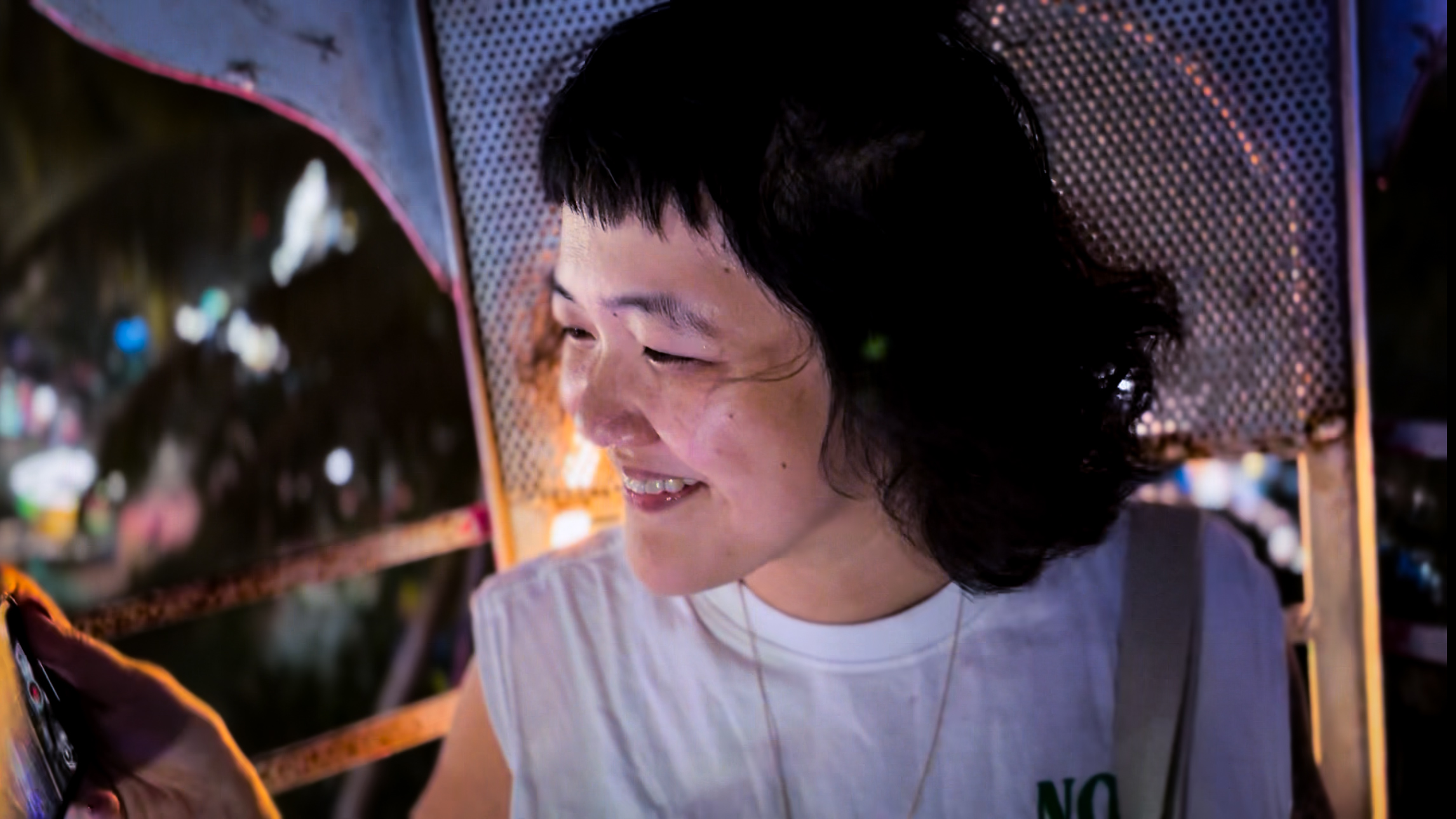
Autism, Reframed
Late in life, Malaysian filmmaker Beatrice Leong learned she was autistic and began reckoning with decades of misdiagnosis, harm, and erasure. What started as interviews with other late-diagnosed women became a decision to tell her own story, on her own terms. In The Myth of Monsters, Leong reframes autism through lived experience, using filmmaking as an act of self-definition and political refusal.
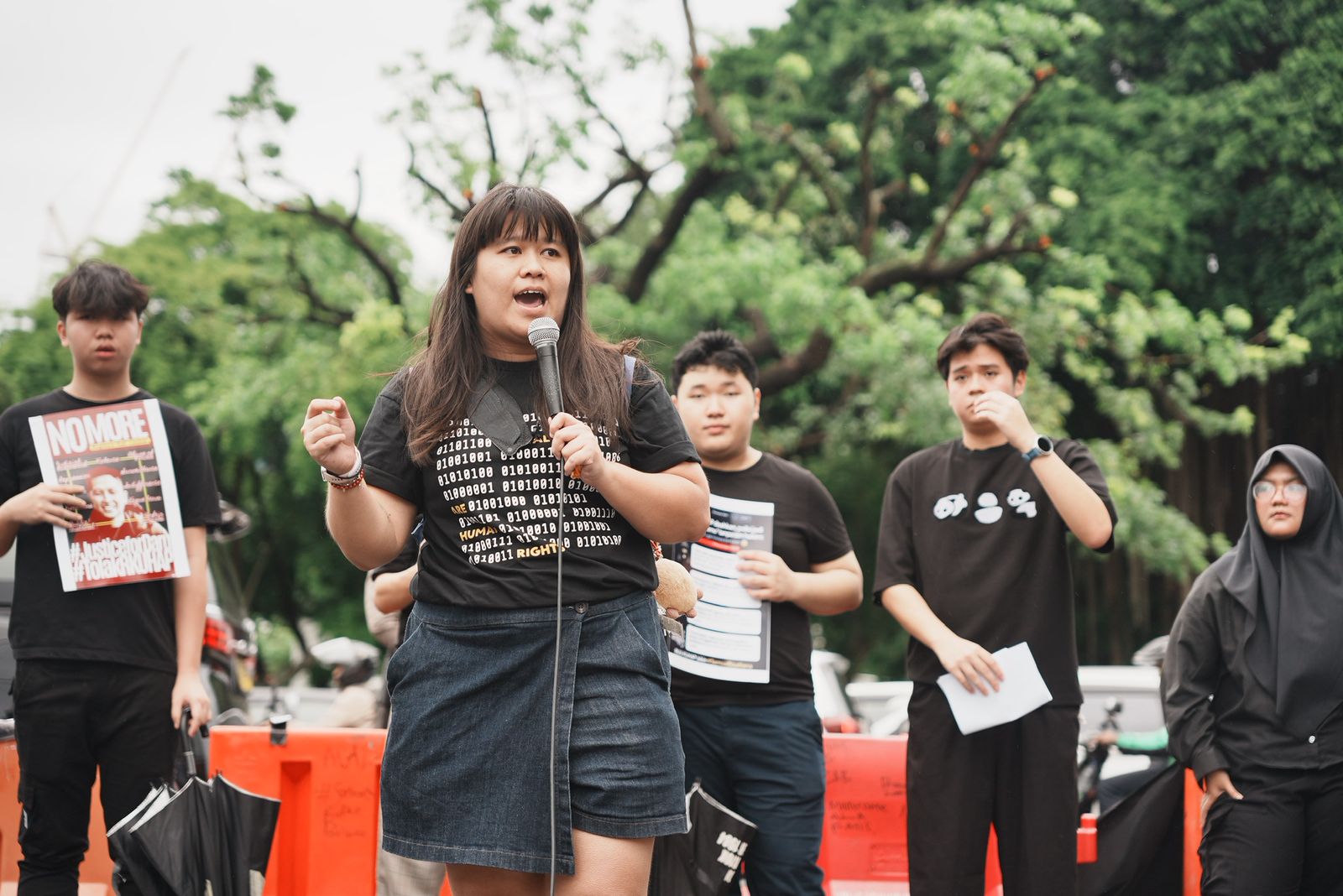
Disability and Due Process
As Indonesia overhauls its criminal code, disability rights advocates say long-standing barriers are being reinforced rather than removed. Nena Hutahaean, a lawyer and activist, warns the new code treats disability through a charitable lens rather than as a matter of rights. “Persons with disabilities aren’t supported to be independent and empowered,” she says. “… They’re considered incapable.”

Disability in a Time of War
Ukraine’s long-standing system of institutionalizing children with disabilities has only worsened under the pressures of war. While some facilities received funding to rebuild, children with the highest support needs were left in overcrowded, understaffed institutions where neglect deepened as the conflict escalated. “The war brought incredibly immediate, visceral dangers for this population,” says DRI’s Eric Rosenthal. “Once the war hit, they were immediately left behind.”
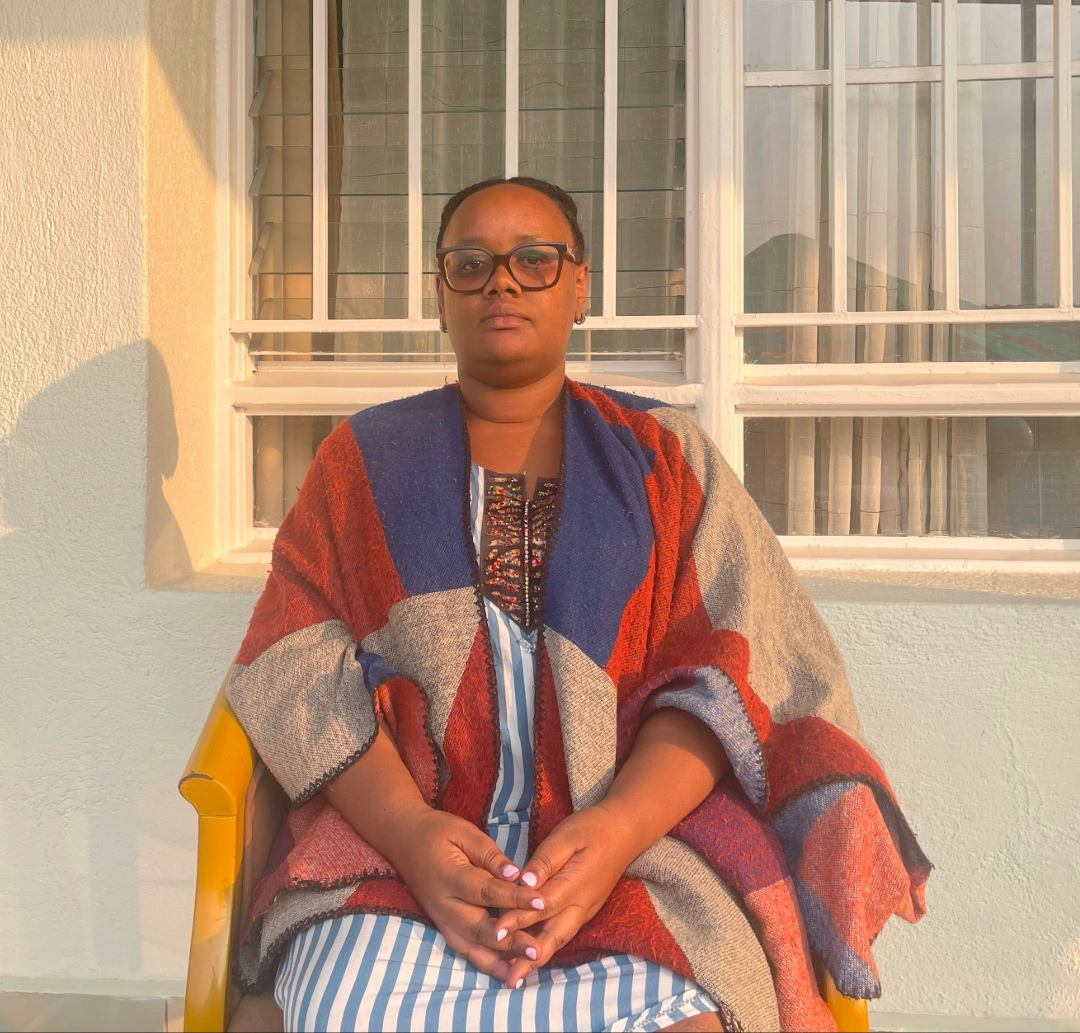
The Language Gap
More than a year after the launch of Rwanda’s Sign Language Dictionary, Deaf communities are still waiting for the government to make it official. Without Cabinet recognition, communication in classrooms, hospitals, and courts remains inconsistent. “In the hospital, we still write down symptoms or point to pictures,” says Jannat Umuhoza. “If doctors used sign language from the dictionary, I would feel safe and understood.”